TAM requests Massachusetts implement policies to support industry
Kevin Weeks, the executive director of the Trucking Association of Massachusetts is sending a letter to the governor and key government officials today. The letter requests they consider implementing policies that will help the industry as it continues to provide critical services to the state during the COVID-19 outbreaks.
The full letter is available below, and can be downloaded as a PDF.
March 18, 2020
His Excellency Charlie Baker, Governor
Office of the Governor
State House, Room 360
Boston, Massachusetts 02133
Dear Governor Baker,
On behalf of the over 200 member companies of the Trucking Association of Massachusetts (TAM), I am writing to ask for your assistance in making sure that the trucking industry will be able to continue to safely deliver medicine, food, fuel, water and other basic necessities to communities and homes throughout the Commonwealth. While we sincerely appreciate the leadership that your Administration has shown so far, we know that there may be difficult decisions ahead related to closures and travel restrictions. In the unfortunate event these decisions must be made, we respectfully ask that you recognize the essential role trucking serves in the Commonwealth.
As you know, the trucking industry provides 93% of all goods used by residents and businesses in Massachusetts. This includes delivering to hospitals, community health centers, grocery stores, convenience stores, government agencies, and other entities that residents rely on in times such as these. If the Commonwealth considers further actions to limit travel, close public facilities, quarantine communities or effectuate a “shelter in place”, I respectfully ask that you consider implementing the following policies:
- Explicitly exempt trucking services for the delivery of essential goods from any restrictions. Guidelines that make clear the role of shipping necessities by truck will ensure smooth resupply and delivery.
- Support the ability of the trucking industry to continue to provide critical services by providing alternatives for drivers who need to renew or obtain commercial drivers licensing credentials.
- Keep public and private rest stops open. Commercial drivers have temporary relief from federal Hours of Service regulations, but they must manage fatigue as they respond to this emergency. Rest stops are an irreplaceable component, along with commercial truck stops.
- Support best management practices for trucking. While many trucking companies already adhere to high standards for workplace safety, state government can provide guidance for the health of drivers, including possible testing for COVID-19. Clear guidance on public health assets is important to our employees, and our drivers, who are typically away from home for extended periods of time.
TAM has been the voice of the trucking industry in Massachusetts since 1919. One of the oldest transportation associations within the Commonwealth, we represent a wide variety of companies ranging from small, family owned trucking companies with a single truck to large national trucking companies with thousands of trucks. I appreciate your consideration of the trucking industry’s concerns at this important time. Without the aforementioned policies, it will be more difficult to ensure that the shelves are stocked and emergency supplies reach first responders and medical personnel.
If you have any questions or concerns, please do not hesitate to let me know. I can be reached at (617) 695-3512.
Sincerely,
Kevin Weeks
Executive Director
Cc:
Secretary Stephanie Pollack
Massachusetts Department of Transportation
Secretary Marylou Sudders
Massachusetts Executive Office of Health and Human Services
Secretary Tom Turco
Massachusetts Executive Office of Public Safety and Security
Mr. Jamey Tesler, Acting Registrar of Motor Vehicles
Massachusetts Registry of Motor Vehicles
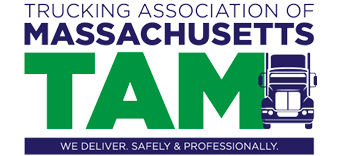

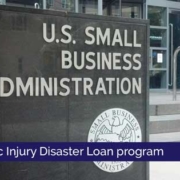
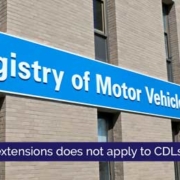
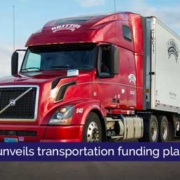
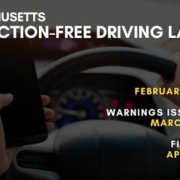
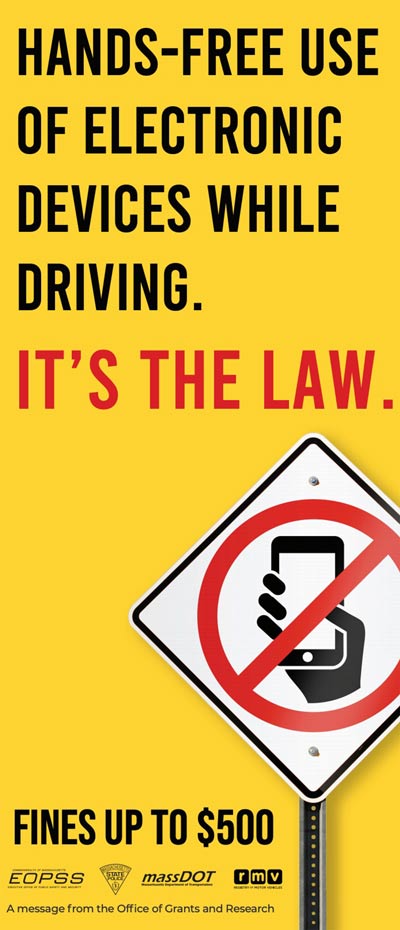 Effective Feb. 23, Massachusetts law will prohibit operators of motor vehicles from using any electronic device, including mobile phones, unless the device is used in hands-free mode. You can
Effective Feb. 23, Massachusetts law will prohibit operators of motor vehicles from using any electronic device, including mobile phones, unless the device is used in hands-free mode. You can 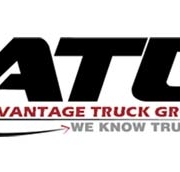
 Shrewsbury, MA (February 2020) —Advantage Truck Group (ATG), the largest Daimler Trucks North America dealer network in New England, announces its plans to open a new full-service dealership in Raynham, Massachusetts to ensure the highest level of service for its customers southeast of Boston and throughout Cape Cod and the Islands, Southeastern Massachusetts and Rhode Island, to support its continued growth throughout the region. Groundbreaking for the 32,000-square-foot building will take place later this month and is expected to be completed in early 2021.
Shrewsbury, MA (February 2020) —Advantage Truck Group (ATG), the largest Daimler Trucks North America dealer network in New England, announces its plans to open a new full-service dealership in Raynham, Massachusetts to ensure the highest level of service for its customers southeast of Boston and throughout Cape Cod and the Islands, Southeastern Massachusetts and Rhode Island, to support its continued growth throughout the region. Groundbreaking for the 32,000-square-foot building will take place later this month and is expected to be completed in early 2021.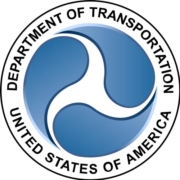
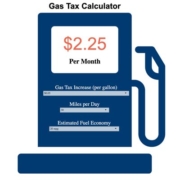
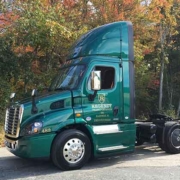
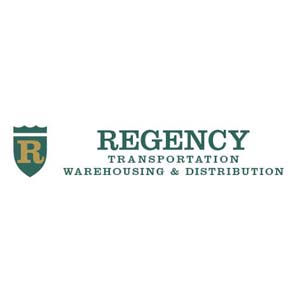 Regency Transportation, Inc. of Franklin Mass. has entered into an agreement to acquire the assets of S&M Transport, Edison, N.J.
Regency Transportation, Inc. of Franklin Mass. has entered into an agreement to acquire the assets of S&M Transport, Edison, N.J.